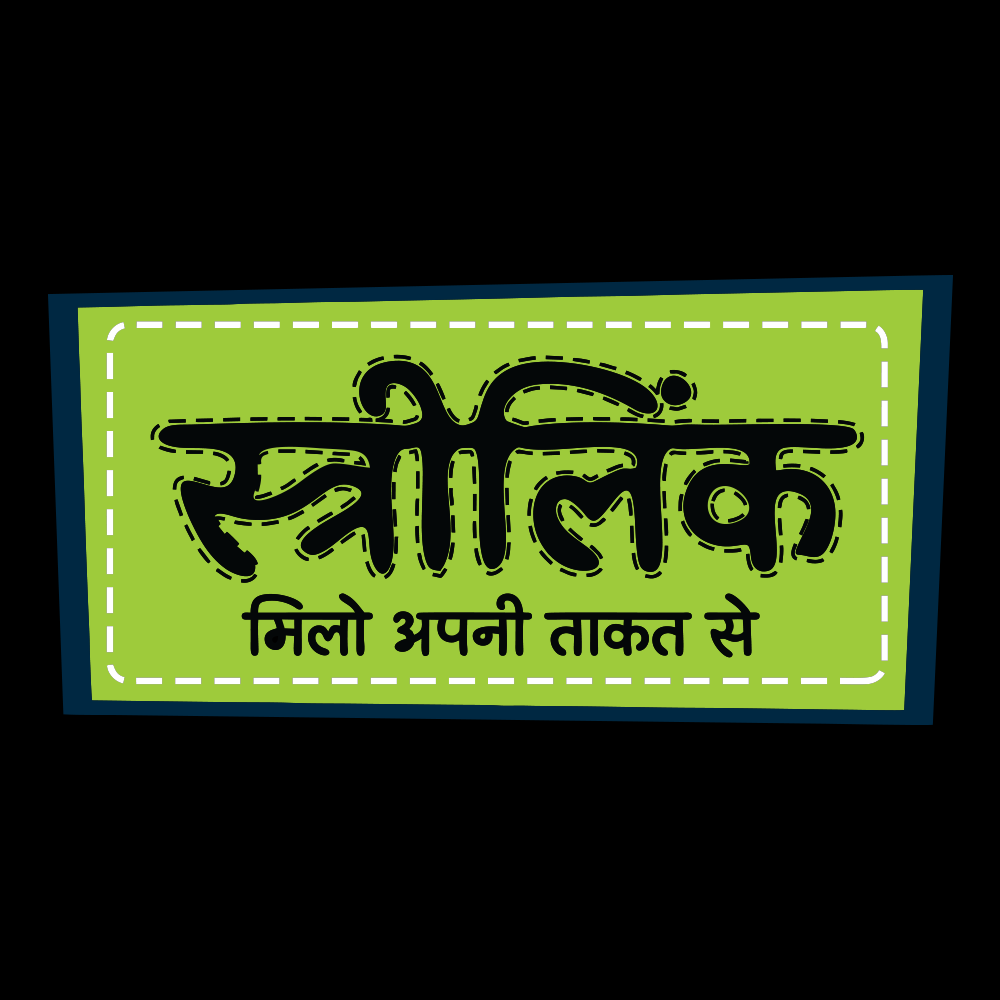The garment sector in India is the second largest employer of women workers – nearly 12 million women workers constitute 80% of the total workforce in this sector. However, working conditions in factory shop floors in the formal and informal sectors remain a challenge with chronic problems including gender-based discrimination, excessive working hours and safety violations. According to studies by the Fair Wear Foundation, Violence Against Women is widespread in India’s garment factories with violence ranging from verbal and physical abuse to sexual harassment and sexual violence, with nearly 60% of women workers facing abuse.
While female workers are greatly disturbed by harassment, they find it inevitable and an extension of the ‘normal’ behaviour that they experience outside of work. This is due to an overriding patriarchal socialization accepting intimate partner violence that extends into workplace violence. Through our Streelink programme, we aspire to recognize various forms of violence and address them.
Violence is not only physical. Violence can be emotional, verbal and mental, which doesn’t necessarily include any physical contact between the abuser and the abused. One may not think they are being abused if they’re not being hurt physically. But it can create a deep impact on the victim’s physical and mental well-being. Most of the times, we consider only the physical kind of violence as serious and tend to ignore the other forms and justify it by saying “Haath thodi na uthaaya hai.” But emotional and verbal abuse can have short-term and long-lasting effects that are just as serious as the effects of physical abuse. Emotional and verbal abuse includes insults and attempts to scare, taunt, isolate, or control someone. It is also often a sign that physical abuse may follow. Emotional and verbal abuse may also continue if physical abuse starts. Emotional and verbal violence at home and office are closely connected to the identity of being a working women, which is accepted and justified in our society and is not recognized as violence.
Through this campaign, we will also be acknowledging the root cause of these manifestations. How Verbal, non-verbal and emotional violence gets magnified in relationships where there is a clear power dynamic. Unequal relationships exist because patriarchy and hierarchical workplaces do not have much space for equal relationships. It plays on power equations which put one person at a disadvantaged position than the other. These exist in family and workplaces in the form of elder-younger, husband-wife, brother-sister, employer-employee, educated-uneducated and many such spaces.
The idea is to begin conversations around the importance, merits of equal relationships and do away with the culture of emotional and verbal violence against women.
Breakthrough is creating a movement with groups of women across India through ‘StreeLink’ – a platform that allows women to share, exchange and collaborate with other women to deal with a variety of problems at home, in public spaces and at work-spaces to get practical, actionable solutions and find strength from each other. The idea that women are not each other’s enemies but reinforcing the need and culture of sisterhood and push the message “Aurat Hee Aurat ki Dost Hai”.


